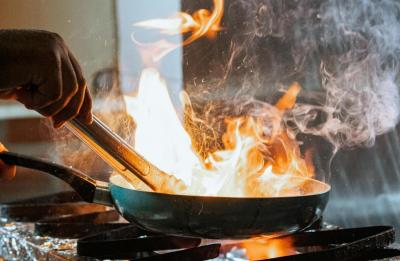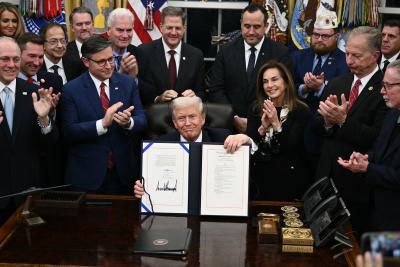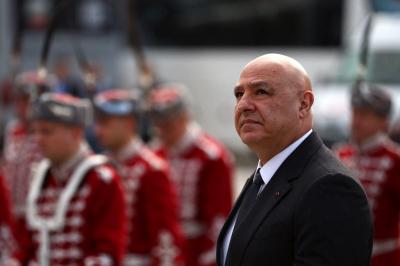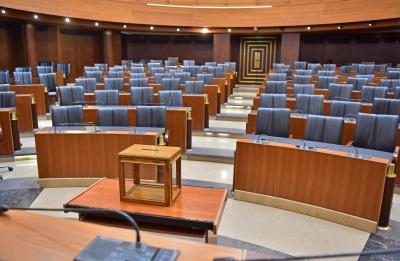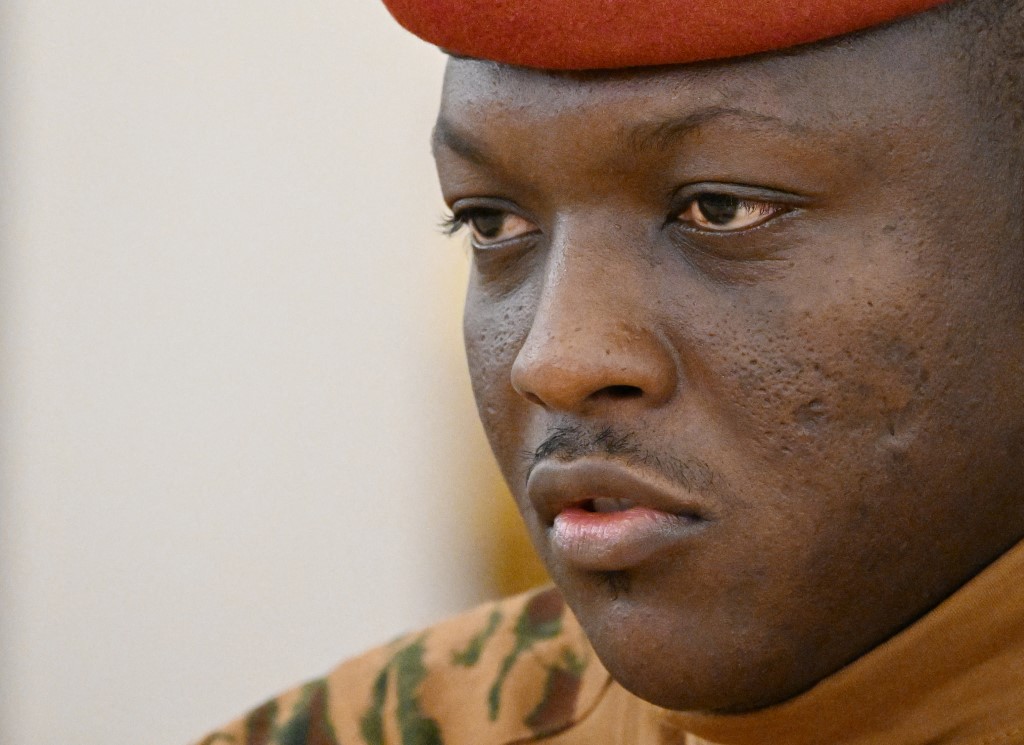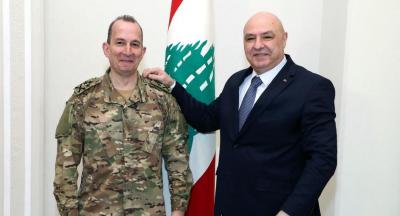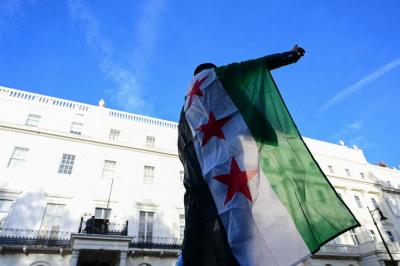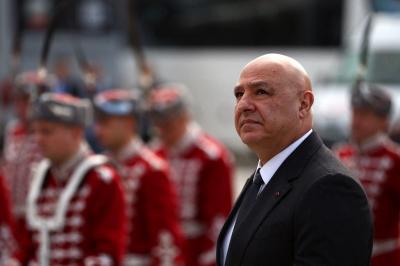This Pan-Africanism WARRIOR appeared as if by magic one morning to proclaim war on “ISIS” &” Al Qaeda” and their affiliates in Burkina Faso, but also on the outrageous colonialism that is ravaging the resources of his country and those of all African countries. His battle: to crush terrorism, something all previous governments have failed to do.
Young, 37 years old, radical, nationalist to the extreme, a liberator, he has decided to clean up an unhealthy socio-economic environment maintained by a corrupt Francophone elite.
His detractors are accusing him of authoritarianism, but more seriously of relying on foreign support, that of Wagner's mercenaries who helped him expel French troops in February 2023. Regardless, it is clear that his pro-Russian and anti-French policies already strongly suggest the dawn of a regional and even continental shift. His alliance with Russia is a fundamental pillar of his policy and management, with a clear geopolitical and strategic openness aimed at an unavoidable pan-African union.
A decisive political, economic, and financial step has already been taken with Burkina Faso's application to join the BRICS.
The world's fourth-largest gold producer, Burkina Faso could soon be granting the mining contracts it had wrested from French hands, to Russia in exchange for weapons, and perhaps even nuclear power.
A heroic and anti-imperialist character, Traoré shines on social media and in Western media, where he calmly defeats his interlocutors and reduces them to a silence that is widely applauded by his fellow citizens, the African population on the continent, and overseas.
Upon closer inspection, the Traoré-Russia marriage so far appears pragmatic and based on mutual interests. This approach to cooperative interests is typically Russian and seems to serve Traoré's policy of independence. Having that said, this advance in the global political landscape is not without its challenges. A sort of heavy silence weighs on a West that is content, for the moment, to observe, and no doubt to plan positions that do not appear to be very friendly. The traditional accusations of dictatorship and disrespect for human rights, key weapons of Western imperialism to destroy countries rich in raw materials and corruption, are making their noise.
Traoré's response is ready: Free and United Africa. Starting with the Sahel countries, whose key members—Burkina Faso, Mali (Assimi Goïta), and Niger (Abdourahamane Tchiani)—have formed the Alliance (or Confederation) of Sahel States, explicitly rejecting ECOWAS, the "Economic Community of West African States," a regional political and economic union of twelve West African countries led by the West, forging a bloc focused on mutual defense, economic cooperation, and sovereignty. He has already succeeded in convincing these countries to align with Russia (the Norgold Exploitation License) and to establish friendly ties based on mutual interests with China and Turkey, far from their former dependencies with the old continent and the United States.
Burkina Faso, Mali, and Niger have already expelled French troops and diplomats, nationalized mineral resources, including gold mines, and launched dozens of national and inter-African infrastructure and industrial projects providing tens of thousands of jobs to Africans to keep them in the country and curb the rampant emigration that has been going on for centuries.
Around the world, the African diaspora population is jubilant. Massive street rallies took place on April 30, 2025, in Burkina Faso, Ghana, Liberia, London, Paris, and New York, all chanting "Hands off Africa" and supporting Traoré's mission of sovereignty. Pan-African influencers and voices (e.g., Yoruba Nation, rapper Sarkodie, and Meek Mill) have publicly hailed Traoré as a symbol of African resistance and dignity.
As a reminder, the UN and Human Rights Watch continue to report an alarming increase in civilian and military casualties, largely attributed to groups like the Islamic State in the Greater Sahara (ISGS). Burkina Faso was even named the country most affected by terrorism in the world, according to the 2025 Global Terrorism Index.
Traoré, however, acts ruthlessly. He mobilized rapid intervention battalions and civilian militias to fight the jihadists. These forces have already suffered heavy losses.
So, despite this seemingly overall positive rise of Traoré and his Burkina as spearheads of an African liberation, the Sahel remains highly unstable, with ISIS-affiliated groups continuing to launch deadly operations in Burkina Faso and the neighboring states. The paths to independence and liberation are always hard and often deadly. The warrior Traoré seems for the moment to be able to withstand the pressure and guide the ship towards the right haven.
Please post your comments on:
[email protected]
 Politics
Politics

